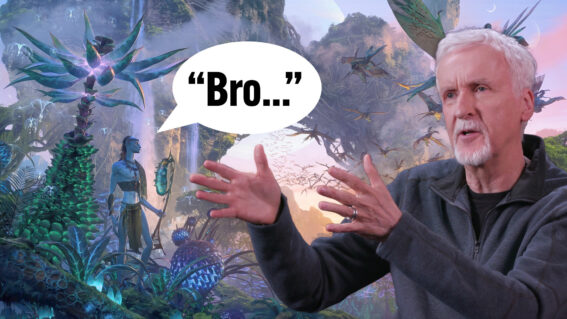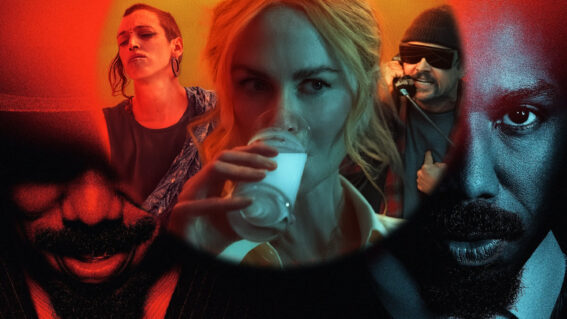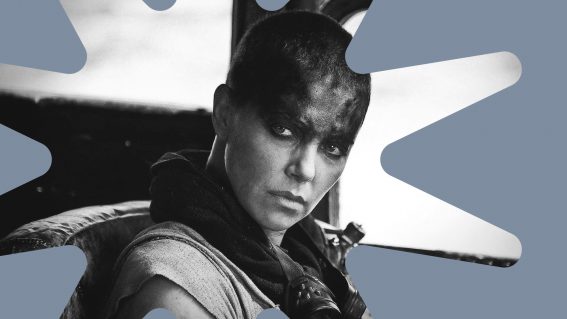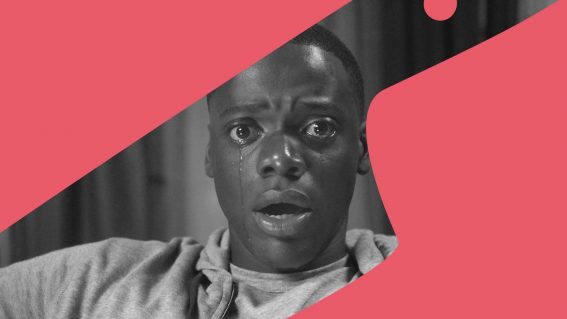Forget a love triangle—The Buccaneers gives us a love heptagon
Season two of The Buccaneers goes beyond the text and finds a fairly amenable compromise.
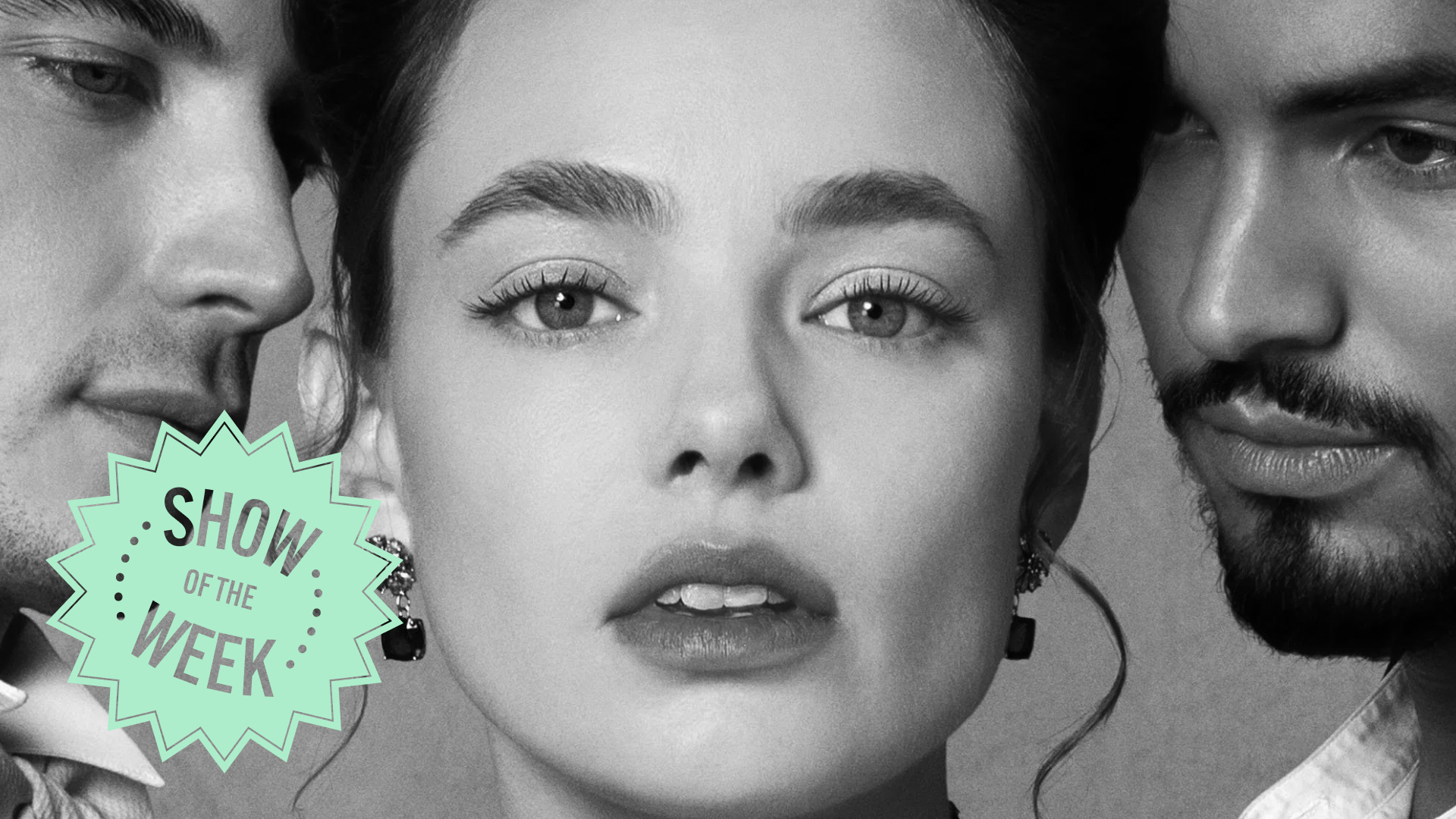
With season two, Apple TV+’s The Buccaneers has nicely consolidated its brand. This is Bridgerton for the Sofia Coppola girlies, a lipstick-stained soap opera about hot young people with a chronic inability to commit, splashed with pop-punk feminism, pastel silks, and the occasional social insight.
It’s nowhere near as good as Coppola’s genuine historical diversions (mostly we’re talking 2006’s Marie Antoinette, but with 2017’s The Beguiled thrown in), but, at the same time, its nonsense is tempered to just the right degree where it’s fun to watch without actively insulting your intelligence, and it’s shot through with a regular supply of ravishing views of windy cliff edges.
Related reading:
* French history gets saucy in Carême
* Italy now has its own The Crown
* The best shows of 2025 so far
Season two is certainly a messier affair than its predecessor. But while The Buccaneers was initially intended as a (somewhat) sincere attempt to adapt Edith Wharton’s unfinished novel of the same name, published posthumously in 1938, this follow-up has its eye on expanding far beyond the text and settling into a new, more sustainable groove, built around what’s a fairly amenable compromise.
On the one hand, you have what eventually develops into what is (if I counted right) a love heptagon. It’s built up from the book’s central romantic strife shared between American heiress Annabel “Nan” St. George (Kristine Froseth), the man she (thinks she) loves, Guy Thwarte (Matthew Broome), and the Duke of Tintagel, Theo (Guy Remmers), who she’s married in order to give her the social clout needed to protect her sister, Jinny (Imogen Waterhouse), from her abusive husband (Barney Fishwick).
I won’t spoil who joins the love heptagon and who doesn’t, but there are a few new, potential candidates thrown into the mix. Guy, that noble-hearted dream boat, has taken Jinny to Greece, where they meet the independent-minded and oh-so European Paloma Ballardino (Grace Ambrose). Lizzy Elmsworth (Aubri Ibrag), meanwhile, is courted by the moustachioed Hector Robinson (Jacob Ifan), whose political ambitions might help Nan make the institutional changes needed not only to protect Jinny, but women across England. Leighton Meester rocks up as Nelle, Patti’s (Christina Hendricks) sister, with a big, fat secret up her sleeve.
Meester and Hendricks bring down the house every time they share a scene. While the younger cast are undeniably a good fit for the material (check out The Phoenician Scheme breakout Mia Threapleton returning as Honoria Marable, whose romance with Josie Totah’s Mabel Elmsworth is sweet but underwritten here), there’s a clear gear shift whenever the more established actors steal focus. That applies, too, to the Dowager Duchess (Amelia Bullmore), who gets her own love interest here in old flame Reede Robinson (Greg Wise, who played Guy Thwaite in the 1995 miniseries).
It’s in these stretches that The Buccaneers counterbalances its “a hot new bombshell enters the villa” programming with some more sincere, more elegantly constructed scenes of women navigating what often feels like an illusory hold on power. Status gives them a voice, but not necessarily the attention of those who need to hear it.
Whether it’s Jinny fighting to free herself from her husband’s manipulations, Patti petitioning for divorce from Colonel Tracy (Adam James), or Lizzy choosing between a marriage of safety or one of love –every woman here is faced with the constant danger of what it might mean to be publicly branded a slut or a madwoman, while their male counterparts drift on by unbothered.
Look, none of it’s particularly historically faithful (there are some odd assertions made about late 19th-century divorce), but at least the hypocrisy that drives the misogyny here feels timeless. And, surely, the blasts of Chappell Roan and Lady Gaga and the runaway-fresh ballgowns should be enough of a hint that The Buccaneers isn’t trying for accuracy. Or for reality, surely. We all love a love triangle, but a heptagon? Wouldn’t you lose track of who you’re in love with and who’s in love with you?
















